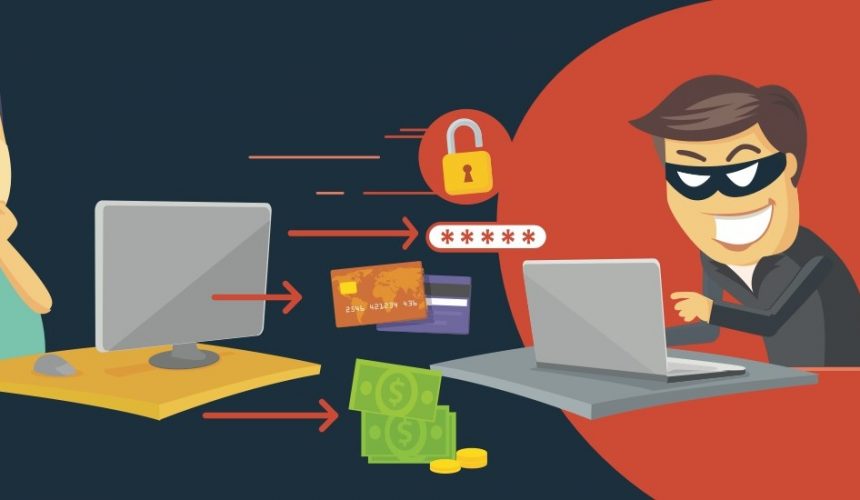
Why brands must tackle fake online freebies
By Zion Rufus
Across the world, online coupons, vouchers, and giveaway scams are becoming the norm. Cyber criminals would share promos masquerading as top and familiar brands through illegitimate sites that look virtually identical to the brand’s URL by disguising hidden websites in what appears to be a real domain name.
For years, brands across the globe have had to publicly debunk these viral giveaway claims. These offers, which are mostly circulated via social media and messaging platforms like WhatsApp, Facebook, Instagram, and Twitter are used basically for identity theft.
The coupon scams come up as festive giveaways such as Christmas, anniversary, Valentine’s Day, Mothers/Father’s Day, Thanksgiving, Black Friday, and most recently, International Women’s Day.
A few days before the International Women’s Day celebration, a message began making the rounds on WhatsApp that German sports clothing giant Adidas was giving out a million shoes in commemoration of Women’s Day. Basically, it would sway anyone to have a pair of Adidas sneakers for free given its premium status. It should, however, be noted that if the offer seems too good to be true, it is probably because it isn’t true. Brands offering giveaways and coupons would announce it on their websites with an official link, anything besides that should be regarded as a hoax.
The message rapidly making rounds on WhatsApp reads: “Adidas is giving away one million sneakers to celebrate the International Women’s Day. Hurry now!https://v-app.buzz/adidass/tb.php?t=161492973315:35:33 share this link with 20 friends and 5 groups to qualify.”
On clicking the link, the page redirects unknowing users to a cloned Adidas page where they can win an iPhone 12 after successfully sharing the link with other people.
However, the link is a hoax and it leaves people open to ID theft or fraud. For years, scammers have used the fascination of coupons and free vouchers as bait to infect computers with malware. When you click on these links in emails, chats and online message forums, you could be downloading stealth programmes that give hackers your files, passwords and online bank account numbers. Sometimes, users would be required to download a gaming app, make a purchase, sign up on an app, call a number, or even complete a survey in order to redeem their rather fascinating prizes.
In Malaysia, KFC issued a warning to members of the public about scammers using a survey link with the company’s name and logo to trick people into giving away their personal data to a fake website. The company said the link, which claims to be a KFC Women’s Day Survey, is not associated with KFC Malaysia.
To stop the cyber criminals in their tracks, KFC announced in a Facebook post: “Hey guys, we wish to alert you that the ‘KFC Women’s Day Survey’ circulating on social media and messaging platforms which offer free KFC Family Feast bucket is fake and not associated with KFC Malaysia in any form. Please do not respond to the promotion and share any personal information.”
Pepsi wasn’t left out of the charade. A Pepsi.com Facebook page with no affiliation with the official Pepsi Facebook page announced a giveaway in honour of the company’s 100th anniversary.
Pepsi debunked the promo saying: “Thanks for bringing this to our attention. This is not a legitimate promotion.”
Although there is currently no clear way of putting an end to these fraudulent schemes, they are in most cases, avoidable. The coupon scams usually involve websites and social media pages that mimic the legitimate companies. The good part is that you can go to the company’s official website to see if any of such promotion was announced. If there is, it is advisable to use the link published on the company’s website and not one that was forwarded or rebroadcast on social media.




Comment
No comments found.